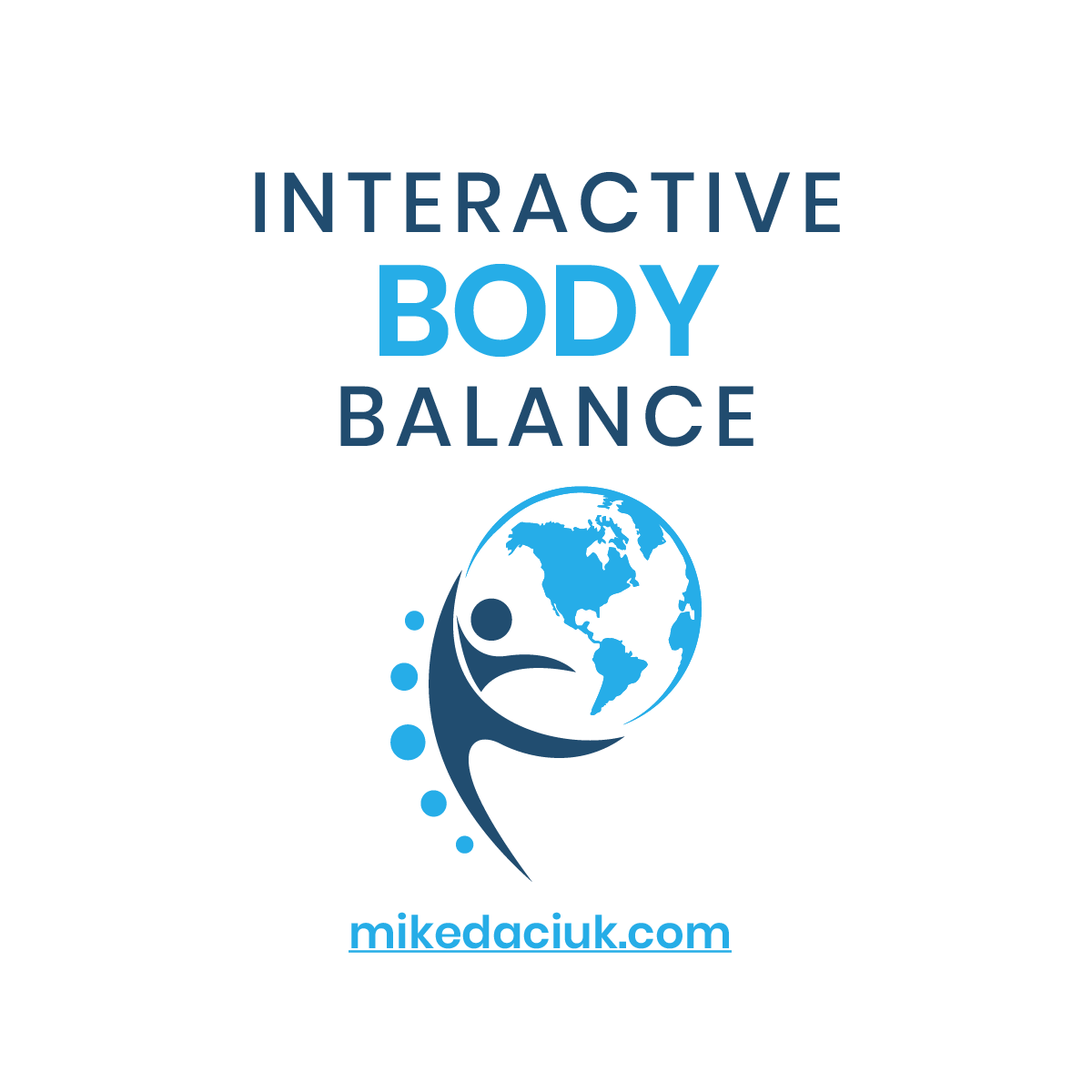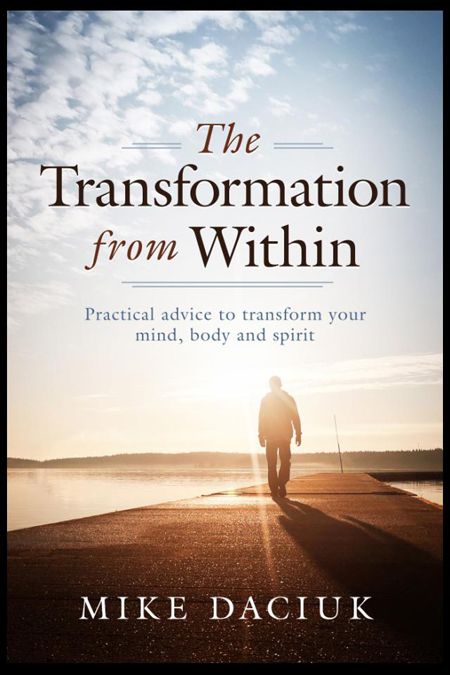Supplements for Pregnant Woman
5 Important Vitamin and Mineral Supplements for Pregnant Woman
Most practitioners recommend prenatal vitamin and mineral supplements throughout pregnancy. These supplements assure that you will get all the required nutrients to support your baby?s appropriate growth and development. So ensure taking prenatal vitamins and minerals, but only those that your healthcare provider will prescribe, as only he knows the right amount of supplements you need. Larger dose may harm you and your baby.
Essential vitamin and minerals during pregnancy are:
1. Folic Acid
Folic acid is a B-group vitamin, also known as vitamin B9. This vitamin plays a vital role in cell development and is critical for creation of some of the main fetal structures. Its deficiency may cause spina bifida and other neural tube defects (NTDs) and cleft palate or cleft lip among babies. Recent studies indicate that intake of this vitamin before conceiving and during early pregnancy (first trimester), lessens the risks of above mentioned neural defects in babies in women with previous children having these defects.
As such, folic is essential for all women of childbearing age, with a daily necessary intake of 400 micrograms in addition to foods possessing folic acid. During pregnancy, you need more (600-800 micrograms/day) of this vitamin. Those with a history NTD in the children should take much more than that before and conceiving as recommended by their practitioner.
Food sources of folic acid include green leafy vegetables, citrus fruits, legumes, whole grains, peas, peanuts and certain fortified breakfast cereals.
2. Iron
All pregnant women need additional amount of iron (about 30 mg/day), which is almost double the amount needed by a non-pregnant woman. This additional iron is required as there is a considerable increase in mother?s blood volume. It also provides nutrition to developing fetus, which will also be this iron reserve during initial few months of his life.
Food sources rich in iron comprise red meat, fish, poultry, eggs, legumes, green leafy vegetables, dried fruits and fortified breakfast cereals. However, iron is not efficiently absorbed from eggs and vegetable sources unless vitamin C source (e.g., citrus fruits/juices) or meat, poultry or fish are present. The absorption of iron also decreases in the presence of tea, coffee and milk. To maximize iron absorption from iron supplements, take them in between meals with juice or water, when you are not taking any other supplement.
3. Calcium
Calcium is a very essential nutrient during pregnancy, required for growth and development of the fetus as well as to maintain proper bone density on the mother. The recommended daily dosage of calcium during pregnancy is 1000 mg.
Thus, a pregnant woman should add the foods rich in calcium to her diet, some of which include milk, ice cream, yogurt, green leafy vegetables, oranges, calcium-fortified soymilk, tofu and breakfast cereals, and canned salmon. Most of the times, the food sources alone may be inadequate to meet the requirement of calcium, in which case it is essential to take calcium supplements.
4. Zinc
Zinc is also necessary for proper development of fetus. Its supplements should therefore, be taken during pregnancy.
5. Vitamin D
Vitamin D is essential for absorption and use of calcium and is necessary for normal bone development. The pregnant women who do not take enough milk fortified with vitamin D and/or do not have enough exposure to sun should take about 10 micrograms of this vitamin daily.



